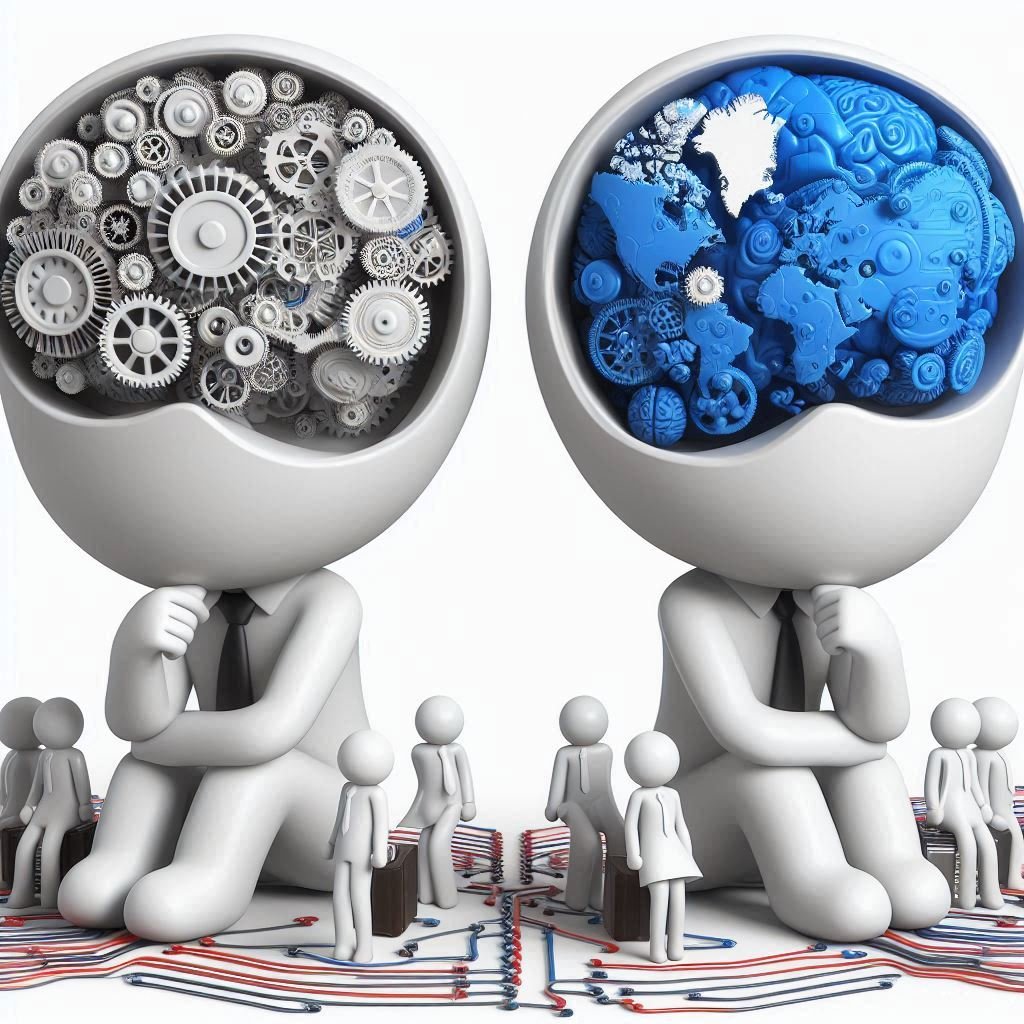Frequently Asked Questions – wisher
Can my hormones affect my husband?
A woman’s hormonal fluctuations throughout her menstrual cycle can indeed impact her partner in several ways. These changes in hormones can subtly shift relationship dynamics, often in ways that are not immediately apparent. Affiliate link
When a woman’s estradiol levels rise, particularly around ovulation, studies have shown she may unconsciously evaluate her partner more critically. This can make a man feel less desired and impact his psychological well-being, leading to a decrease in his sexual desire and overall satisfaction within the relationship. This emotional shift is not just one-sided; men often report feeling worse about themselves and their relationship during these times, indicating they are sensitive to their partner’s emotional evaluations.
Sensitive teeth can make even the simplest pleasures feel out of reach. Whether it’s a sip of cold water or a sweet dessert, the discomfort can be frustrating. But it doesn’t have to be this way. If you’re looking for a gentle, effective way to care for your teeth, you might want to see what this has to offer. Click here to learn more.

Moreover, the hormonal interplay doesn’t stop there. Women’s testosterone levels, which can fluctuate throughout their cycle, also affect their partners. When women’s testosterone increases, men’s levels may rise correspondingly, potentially leading to increased jealousy and tension between partners. This reaction highlights how closely intertwined their emotional and hormonal states can be.
Men themselves are not immune to hormonal changes. Many experience a form of “Irritable Male Syndrome” (IMS), characterized by mood swings and irritability, which can be triggered by their partner’s hormonal shifts. This sensitivity can amplify the emotional challenges both partners face during the menstrual cycle.
Understanding these dynamics is crucial for maintaining a healthy relationship. By recognizing how hormonal changes affect both partners, couples can foster better communication and support each other more effectively through these emotional fluctuations.
What should a man do if a girl is on her period?
Supporting your partner during her period is more than just being considerate—it’s about showing genuine care and understanding. Menstruation often brings with it physical discomfort like cramps, bloating, and fatigue. Recognizing that these symptoms can make her feel less than her best is the first step. It’s essential to approach her with patience and empathy, avoiding any comments that could come off as insensitive or dismissive. Just knowing that you acknowledge her struggles can be a great comfort.

Offering tangible support can make a world of difference. Small gestures like giving her a warm hug or back rub can help her feel loved and reassured. Running a warm bath, applying a heating pad, or offering a soothing massage can alleviate some of her discomfort. Even spending quiet time together, whether it’s watching a movie or simply talking, can lift her spirits. Your presence alone can be incredibly comforting.
Lending a hand with everyday chores or running errands can also ease her burden. Taking over tasks like doing the dishes, laundry, or grocery shopping without needing to be asked shows thoughtfulness and support. Cooking her favorite meal or bringing her a comforting drink can further demonstrate your care and consideration. These acts help alleviate her stress and make her feel cherished.
Being prepared is another key aspect of support. Keeping essentials like pain relievers, heating pads, and menstrual products on hand shows that you’re attentive to her needs. Offering to accompany her if she needs to go out or driving her places can also make her feel more secure and cared for. Your thoughtful actions during this time can profoundly impact her well-being, making her feel valued and supported.
Why does my boyfriend want to know when my period is?
There are several reasons why your boyfriend might be interested in knowing when your period is:
Firstly, he may want to offer better support and understanding. Knowing when you’re on your period allows him to be more attuned to your needs, especially if you experience discomfort or mood swings. This awareness helps him be more empathetic and considerate, which can strengthen your bond and improve your relationship overall. He might want to be there for you in a more meaningful way, showing that he cares about your well-being.

Secondly, if you and your boyfriend are thinking about starting a family or are keen on avoiding pregnancy, tracking your menstrual cycle becomes crucial. By understanding when you’re ovulating or menstruating, he can help make informed decisions about intimacy and family planning. This knowledge can be key in planning or avoiding pregnancy, ensuring that both of you are on the same page.
Thirdly, sharing information about your menstrual cycle can enhance emotional connection and communication between you. It opens up dialogue about health and emotional well-being, helping to build trust and intimacy. Being open about your cycle can reduce any stigma or awkwardness surrounding periods, making it easier to discuss other important aspects of reproductive health.
Lastly, some men simply wish to be more connected with their partner’s health and body. This interest can reflect his caring nature and involvement in the relationship. It shows that he values your well-being and wants to support you during times when you might need it the most.
Understanding his reasons for wanting to know about your period can help foster a deeper, more supportive relationship. Open communication about this topic can ensure that both of you feel comfortable and connected.




3 thoughts on “#84 Can my hormones affect my husband? Best Solution”